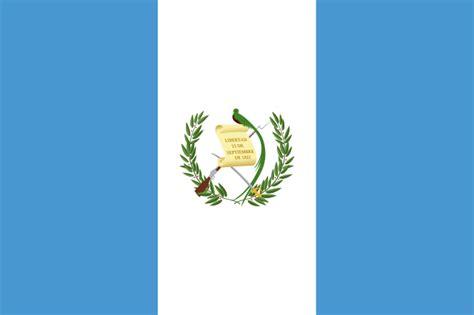The community assembly in Nebaj, Guatemala is part of the Ixil’s historical struggle to pursue peaceful and local community-based solutions and transparency to institutional, governmental, and structural corruption and impunity at all levels of government. Guatemala is experiencing a weakening of democratic structures and the further entrenchment of corruption and impunity. Many Indigenous communities have been abandoned by the corrupt state and are displaced from their territories by the armed forces. The International Commission Against Impunity in Guatemala (CICIG), created in 2006, gave Guatemalans hope that justice would be served to corrupt politicians, but the right-wing and military backlash was swift. In recent years, the Guatemalan state has become increasingly militarized and has overused states of sieges to suspend civil liberties. As a result, some fear that the government is regressing towards authoritarianism. Twenty-five years after the Peace Accords, Guatemalan democracy is at a crucial political juncture in which the safeguards against corruption, impunity, and state violence are being dismantled by the politicians, elites, and military.
- Home
- About Us
- Issues
- Countries
- Rapid Response Network
- Young Adults
- Get Involved
- Calendar
- Donate
- Blog


